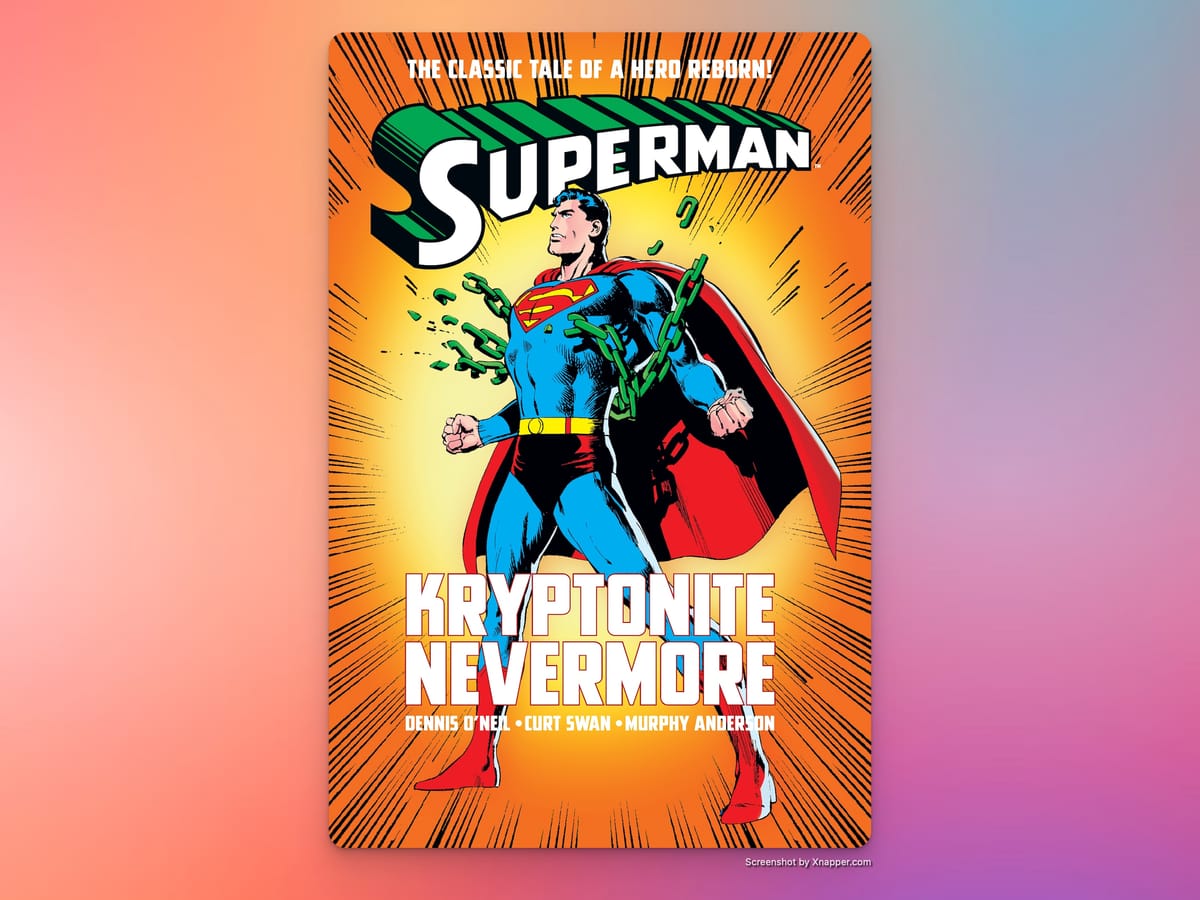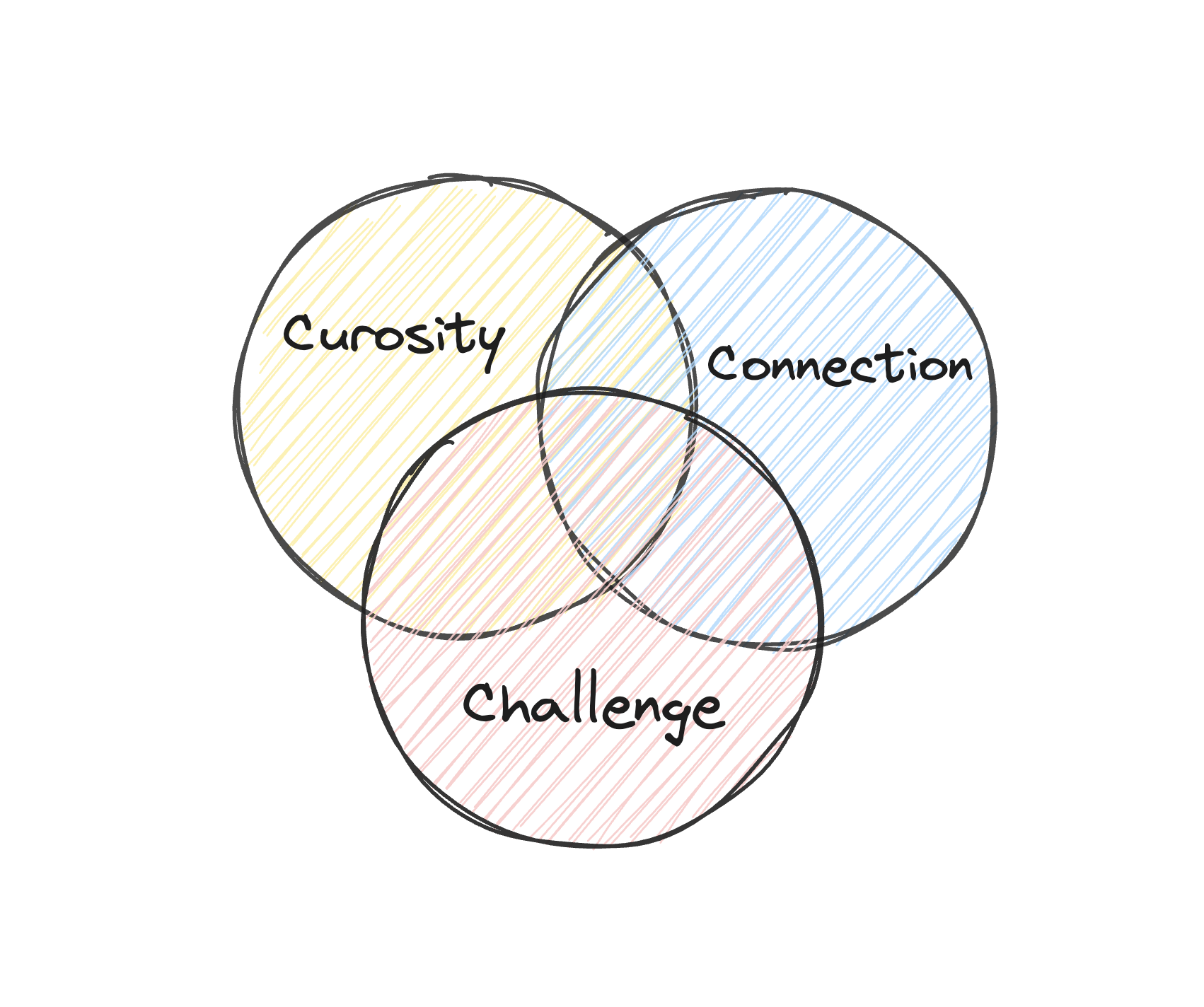We're in the back half of December. Hopefully work is winding down or at least you can see the light at the end of the tunnel.
Quick favor: Can you share a win that came from reading this newsletter?
I've been writing this newsletter almost every week for more than two-and-a-half years. It's a labor of love and to be honest, given its broad coverage, I'm not sure what impact its had on readers like you.
I'd love to hear a positive outcome in your business, career, or life that has come from reading Cultivating Resilience. Just hit reply and write me back. It'd mean a lot.
--
This week I wanted to share a couple of recent posts I've done on Linkedin. I've been quite bullish on Linkedin given the continued decline of Twitter/X. It's become my go-to platform for sharing more practical / useful ideas online.
Threads is fun but will probably serve as my home for off-the-cuff thoughts, jokes, and hot takes.
1) Face planting hurts less than you think.
Don't be afraid of face planting.
Most people are too worried about screwing up their projects, their careers, and their companies and focus on minimizing risk.But this mentality holds them back from accelerating their learning curve, and ultimately their fears are unwarranted. There's a better way.
On the RightOffTrack podcast, I shared this lesson with the incredible Anya N. Smith:
👉 Face planting hurts less than you think.
I've fallen on my face as:
→ A founder (my 1st startup failed)
→ An athlete (fell on the 1st event at NCAA finals)
→ A professional (had projects cancelled, laid off)
→ A creator (sued by a copyright troll)
But I learned incredible lessons on resilience and adaptability each time. Because your brain actually learns much more when you struggle than when you succeed.
Read why face planting isn't so bad

2) 10 Mantras When You're Exhausted
Founders get bombarded with advice. Ideas pour in from everyone—investors, customers, employees, even family members.
It can be infuriating. You wouldn't try to tell a doctor or pilot how to do their job. Yet, everyone thinks they can steer a startup.
Pierre Sabbagh recently talked about how a startup mentor suggested he hire a professional CEO for the company he founded. They said focus on tech, leave management to someone else.
Sure, there are times a hired CEO is the answer. It makes sense once the company has reached a certain scale and is trying to hit revenue or acquisition outcomes that are beyond the founders capacity.
But for many startups, this move can be fatal. An outsider might snuff out the critical spark and not have the moral authority of the founder.
Plus Pierre wanted to learn the business side of technology and despite his tech background and accent, he was ready for the challenge.
Learn what Pierre did and see other examples of unsolicited advice

3) On Being a Weirdo
"Can you stop being such a weirdo right now?"
These words used to sting. I bet they did for you too.
But accepting your weirdness will allow you to build deeper relationships with the people that matter most in your life and career.
Let me explain.
If you're an outlier (someone exceptionally good at certain things, bad at others, and took an unconventional path relative to your peers), you realize that your differences can be dangerous.
People might be resentful of your incredibly fast reading skills. Or natural ability to understanding a new technical concept.
They might make fun of you for your clumsiness or limited short-term memory.
They might not get why your lunch is so pungent. Or why you've never gone skiing over the holidays.
So you learn to create a mask, a personality that others will tolerate, maybe even like. You learn to laugh at jokes you don't find funny. And maybe make them too.
Learn how showing your weirdness brings some people closer

—Jason

Recent Issues






